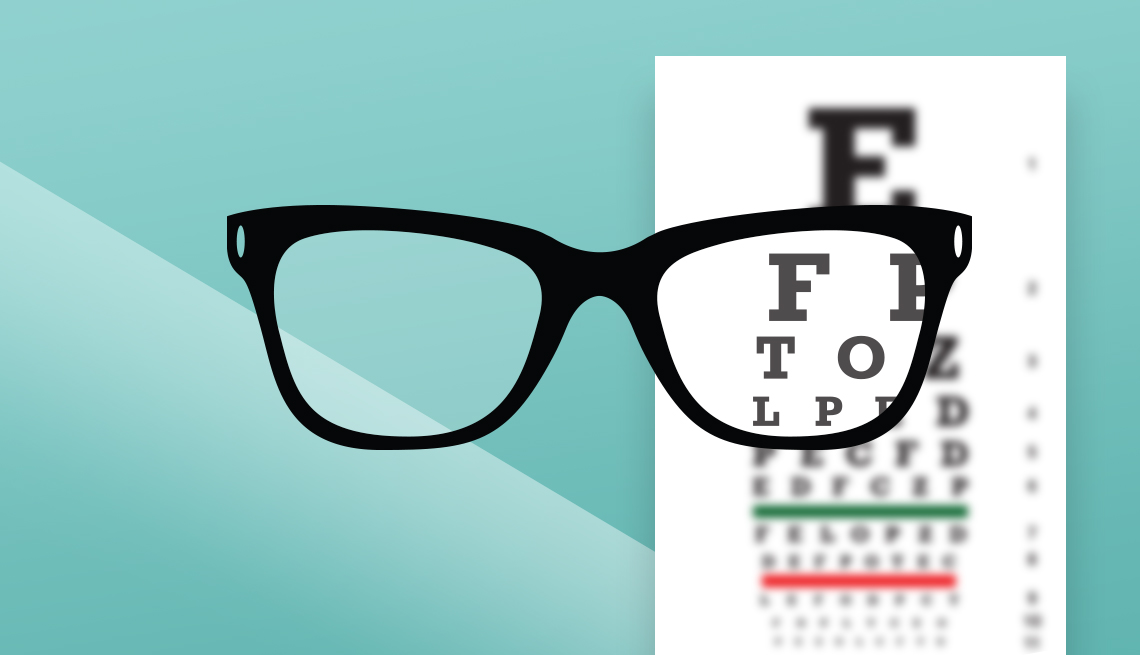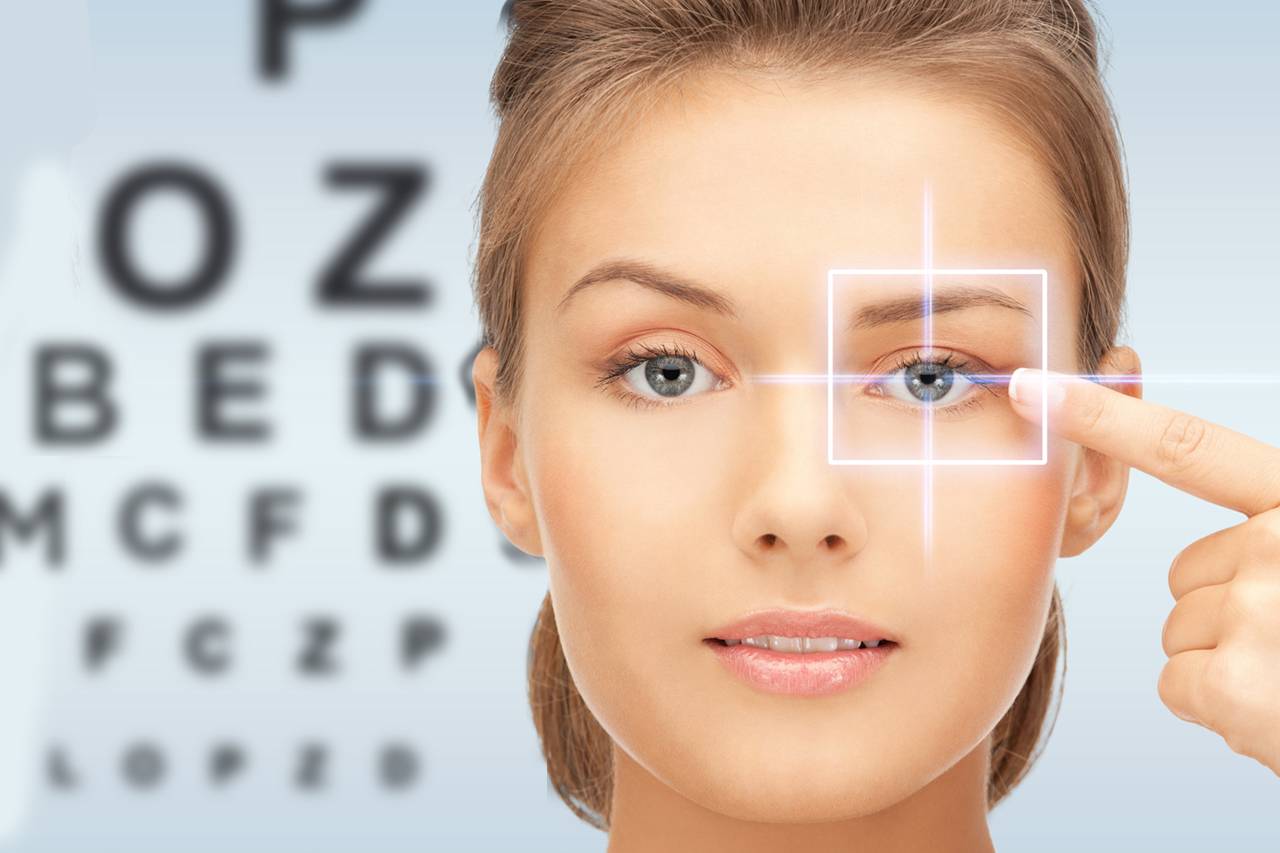Is Refractive Surgical Procedure Right for You? Elements to Think About for Better Eyecare
In the realm of eye care, the decision to undergo refractive surgical treatment is a crucial one that demands thoughtful consideration. From the complexities of one's ocular health to the ins and outs of day-to-day habits and personal expectations, each element holds importance in the broader landscape of refractive surgical treatment candidacy.
Eye Health Evaluation
When considering refractive surgery, a thorough eye wellness examination is important to evaluate the viability of the treatment for every person. eye doctors in andalusia. This evaluation entails a series of assessments and tests performed by an eye treatment expert to determine the total health and wellness of the eyes, the presence of any kind of hidden problems, and the stability of the refractive mistake
Throughout the assessment, numerous aspects are considered, such as the person's case history, present eye prescription, corneal thickness, pupil dimension, and tear film top quality. These evaluations aid to determine any contraindications to refractive surgical treatment, such as corneal abnormalities, cataracts, or unattended eye infections. Furthermore, the evaluation assists to take care of client assumptions concerning the potential end results of the surgical treatment based upon their special eye qualities.
Eventually, the eye health analysis is necessary in guaranteeing the safety and efficiency of refractive surgical treatment, as it gives beneficial insights right into the individual's eye health and wellness standing and aids determine the most appropriate therapy options for achieving ideal visual results. (cardiologist andalusia)
Lifestyle Assessment
A complete way of living assessment is essential in identifying the suitability of refractive surgical treatment for a person's aesthetic improvement demands. Way of living elements such as profession, leisure activities, and daily tasks play an essential function in the decision-making process concerning refractive surgical treatment. People with careers that include a high degree of physical task or exposure to ecological aspects may have various aesthetic requirements contrasted to those with inactive desk tasks. Comprehending how an individual's lifestyle might affect their vision post-surgery is important for managing assumptions and guaranteeing ideal outcomes.
Furthermore, way of living habits such as sports involvement, exterior activities, or even skin care routines can influence the recovery procedure and total success of refractive surgery. Individuals who involve in contact sports might require to take extra safety measures to protect their eyes during the recovery duration. In addition, individuals with substantial sunlight exposure might call for additional post-operative treatment to stop issues. By performing an extensive way of living assessment, eye treatment specialists can tailor their suggestions and treatment strategies to fulfill the special demands of each individual, ultimately bring about enhanced visual end results and fulfillment.
Expectation Alignment

Patients require to comprehend that while many people accomplish 20/20 vision or better complying with refractive surgical procedure, some may still need glasses for specific activities like analysis or driving at evening. Handling these expectations assists avoid frustration and dissatisfaction post-surgery, leading to a more favorable overall experience for the patient.
Danger Evaluation

Elements that might raise the danger of difficulties include age, specific clinical conditions like autoimmune illness, unpredictable vision prescription, slim corneas, and unrealistic person expectations. In addition, choosing a knowledgeable and skilled doctor, following pre and post-operative treatment directions carefully, and divulging any pertinent case history can assist minimize risks.
To lessen the likelihood of difficulties, ophthalmologists carry out comprehensive pre-operative analyses to recognize any type of contraindications to surgical procedure. They also talk about the prospective threats and advantages with patients throughout the assessment procedure. By participating in open communication and shared decision-making, both the individual and the eye doctor can collaborate to figure out if refractive surgical procedure is the appropriate option based upon private danger accounts and wanted results.
Assessment Value
Taking into consideration the critical function of notified decision-making in evaluating dangers and possible problems in refractive surgical treatment, the examination procedure holds significant importance in assisting people in the direction of optimal outcomes. During the appointment, the eye doctor examines the individual's eye health and wellness, refractive errors, and general viability for surgical straight from the source treatment. This initial analysis is critical in figuring out one of the most suitable procedure for each and every person, taking into consideration aspects such as corneal density, student dimension, and existing eye problems.
Furthermore, the appointment works as an opportunity for individuals to discuss their assumptions, issues, and any kind of concerns they may have relating to the surgical treatment. Clear interaction between the person and the cosmetic surgeon is necessary to ensure sensible expectations and a thorough understanding of the prospective threats and benefits included.
Additionally, the examination permits the cosmetic surgeon to clarify the different medical options offered, their corresponding outcomes, and the post-operative treatment needed. This comprehensive discussion equips people to make well-informed choices concerning their eye treatment, resulting in far better satisfaction and results post-surgery.
Verdict
In verdict, individuals thinking about refractive surgical procedure needs to undergo an extensive eye health and wellness analysis, assess their lifestyle routines, straighten their assumptions with possible outcomes, analyze the involved dangers, and focus on appointments with eye treatment specialists. These factors play an important duty in determining the suitability of refractive surgery for every person, making sure optimum end results and contentment with the treatment.
Patients considering refractive surgery frequently have high expectations concerning the results, expecting best vision without the requirement for glasses or get in touch with lenses. While refractive surgical treatment can considerably enhance vision and minimize reliance on visual help, it is critical for people to recognize that outcomes may vary based on private elements such as the degree of refractive error, corneal density, click now and total eye wellness.
By involving in open communication and shared decision-making, both the client and the ophthalmologist can function together to determine if refractive surgery is the ideal selection based on specific danger profiles and desired results.
Thinking useful link about the important function of informed decision-making in assessing threats and prospective complications in refractive surgical procedure, the assessment process holds substantial significance in guiding people in the direction of ideal outcomes. Throughout the examination, the eye doctor reviews the person's eye health, refractive errors, and overall suitability for surgical procedure.